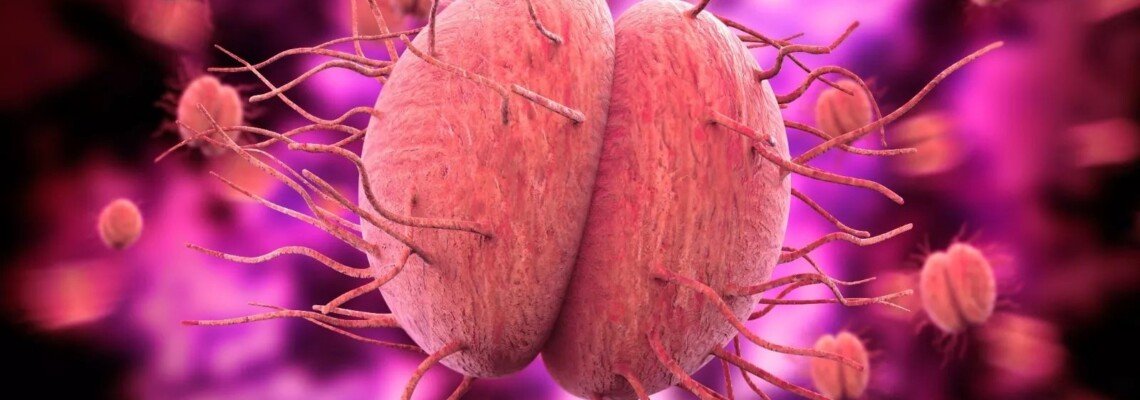
Understanding Gonorrhea: Causes, Symptoms, and Treatment
- November 3, 2024
- 0 Likes
- 62 Views
- 0 Comments
Introduction
Gonorrhea is a common sexually transmitted infection (STI) affecting millions worldwide. Prompt detection and treatment are essential to prevent long-term health complications. This article discusses it’s causes, symptoms, and the most effective treatment options available.
What Causes Gonorrhea?
Gonorrhea is caused by the bacterium Neisseria gonorrhoeae, which primarily affects the moist areas of the body. These include the urethra, reproductive tract, throat, and eyes. Gonorrhea spreads through sexual contact, including oral, anal, and vaginal sex. While any sexually active person is at risk, it’s especially prevalent among young adults.
Signs and Symptoms of Gonorrhea
Gonorrhea symptoms can vary based on the infected area. Some individuals may not experience symptoms, making regular testing crucial. Below are the most common signs:
Symptoms in Men
- Painful urination
- Pus-like discharge from the penis
- Swelling or pain in one testicle
Symptoms in Women
- Increased vaginal discharge
- Painful urination
- Pelvic pain
- Vaginal bleeding between periods
Rectal Infection Symptoms
- Discomfort or discharge
- Anal itching
- Pain during bowel movements
Throat Infection Symptoms
- Sore throat
- Swollen lymph nodes
- Difficulty swallowing
Complications of Untreated Gonorrhea
Untreated gonorrhea can lead to severe health issues, including:
- Pelvic Inflammatory Disease (PID): In women, this disease can cause PID, leading to infertility.
- Epididymitis: Men may experience pain and swelling in the testicles.
- Disseminated Gonococcal Infection (DGI): This condition can affect joints, skin, and heart, posing serious health risks.
How is Gonorrhea Diagnosed?
Diagnosis typically involves a urine test or swab of the affected area. These samples are tested in the lab to confirm the presence of Neisseria gonorrhoeae. Early testing helps reduce the risk of complications.
Effective Gonorrhea Treatment Options
This disease is treatable with antibiotics. Due to increasing resistance, a combination of antibiotics is often recommended.
Current Treatment Protocols
- Single-dose antibiotics: A sexologist in Delhi may prescribe a single injection or oral dose.
- Follow-up care: Retesting two weeks post-treatment ensures the infection is fully cleared.
Preventing Gonorrhea Infection
Preventing this disease is possible through several methods:
- Using condoms consistently
- Regular testing, especially with new or multiple partners
- Open communication with partners about STIs
Conclusion
Gonorrhea is a manageable STI with early detection and appropriate treatment. Regular testing and protective measures are key to preventing and controlling its spread. Don’t hesitate to consult a healthcare provider for any concerns or symptoms.


Leave Your Comment